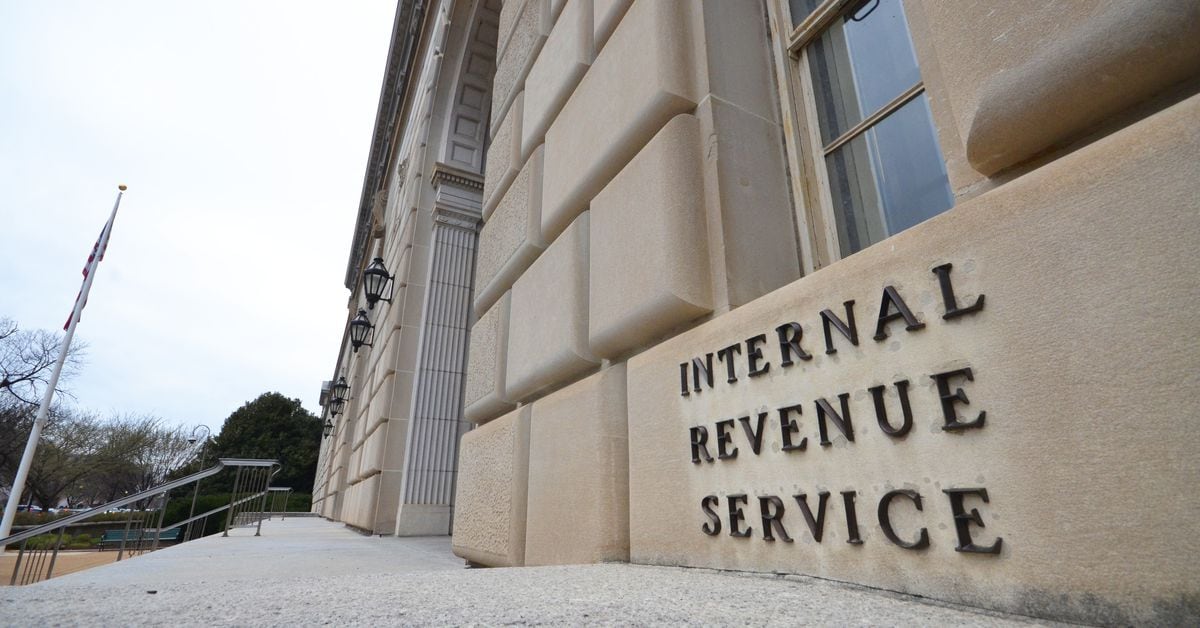
The recent proposal from the Internal Revenue Service (IRS) regarding the reporting of digital asset transactions has raised alarm bells within the cryptocurrency community. Many believe that if implemented as is, this proposal could spell the end of decentralized finance (DeFi) in the United States and hinder innovation in the blockchain technology sector.
The proposed rule would require newly designated brokers to report sales and exchanges of digital assets. While stakers and miners would be exempt from these reporting requirements, the proposal’s scope is broad enough to encompass a wide range of participants in the digital asset ecosystem. These new brokers would need to collect personal information from users and issue a Form 1099 to assist in calculating gains and losses from digital asset sales.
This proposal raises several concerns for users, particularly in terms of privacy, security, and access to decentralized protocols. Moreover, it would create unworkable reporting requirements for participants in the digital asset ecosystem and could force projects to shut down or relocate offshore, hindering innovation in the U.S.
One of the key issues with the proposal is that it fails to consider the complexities of staking, a fundamental aspect of many digital asset ecosystems. The IRS’s guidance on staking rewards being taxed at receipt as gross income oversimplifies the process and does not account for various forms of staking or liquid staking.
Instead, staking rewards should be treated as property created by the taxpayer and taxed upon sale, rather than upon receipt. This aligns with the general principle that taxpayers realize income when property is sold, not when it is created. Clarity is needed in this and many other areas of taxation for digital assets, considering their unique characteristics and the need to foster development and innovation.
To improve the proposed rule and address the tax treatment of digital assets, the industry must communicate clearly to policymakers in Washington. Commenting on the proposed rule is one avenue for advocacy, as the Department of the Treasury and the IRS are accepting responses until October 30.
The proposed broker rule serves as a warning about the potential consequences of broad definitions and applications of tax policy to digital assets. It highlights the urgent need for timely and well-informed guidance from the IRS to provide clarity in tax matters and support the growth of the digital asset ecosystem.
Ultimately, striking the right balance between taxation, innovation, and the unique characteristics of digital assets is crucial for the future of the industry.






